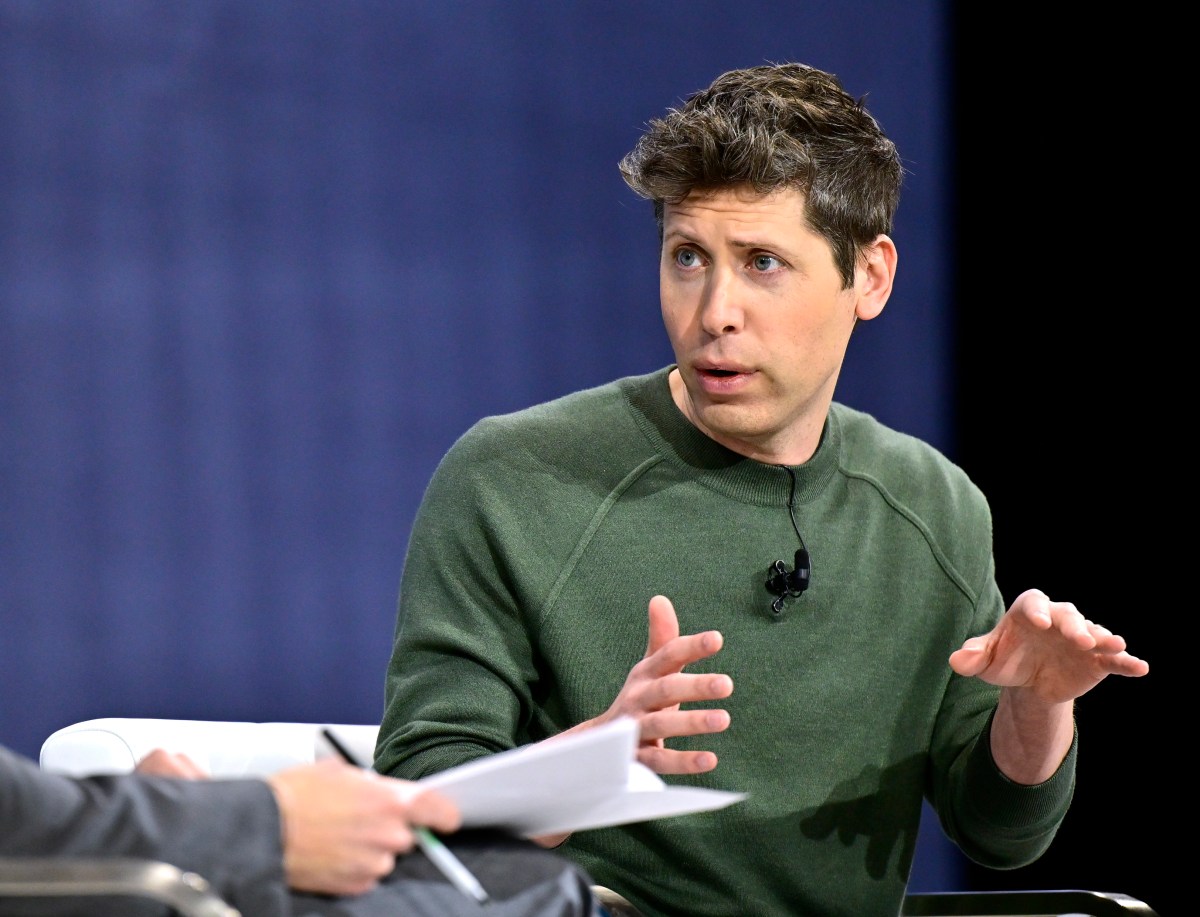The release of OpenAI’s first open model in years will be delayed until later this summer, CEO Sam Altman announced in a post on X on Tuesday. Altman said the open model would be released sometime after June.
“[W]e are going to take a little more time with our open-weights model, i.e. expect it later this summer but not [J]une,” he wrote. “[O]ur research team did something unexpected and quite amazing and we think it will be very very worth the wait, but needs a bit longer.”
we are going to take a little more time with our open-weights model, i.e. expect it later this summer but not june.
our research team did something unexpected and quite amazing and we think it will be very very worth the wait, but needs a bit longer.
— Sam Altman (@sama) June 10, 2025
OpenAI was targeting an early summer release date for its open model, which is slated to have similar “reasoning” capabilities to OpenAI’s o-series of models. OpenAI aims for its open model to top the performance of other open reasoning models, such as DeepSeek’s R1.
In the months since OpenAI first announced its intent to release an open model, the space has become more competitive. On Tuesday, Mistral — another AI lab that often releases open models — released its first family of AI reasoning models, called Magistral. In April, the Chinese AI lab Qwen released a family of hybrid AI reasoning models that can switch off between taking time to “reason” through problems and also giving traditional, quick responses.
Beyond increasing its performance on benchmarks, OpenAI has also considered adding several complex features to its open AI model to make it more competitive. TechCrunch previously reported that OpenAI leaders have discussed enabling the open AI model to connect to the company’s cloud-hosted AI models for complex queries. However, it’s unclear if these features will make it into the final open model.
The release of OpenAI’s open model seems to be important for the company’s relationship with researchers and developers. Altman has previously said that OpenAI has landed on the “wrong side of history” when it comes to open sourcing its models. To rectify that image, the company faces immense pressure to release an open model that is competitive with the industry’s best open offerings.











